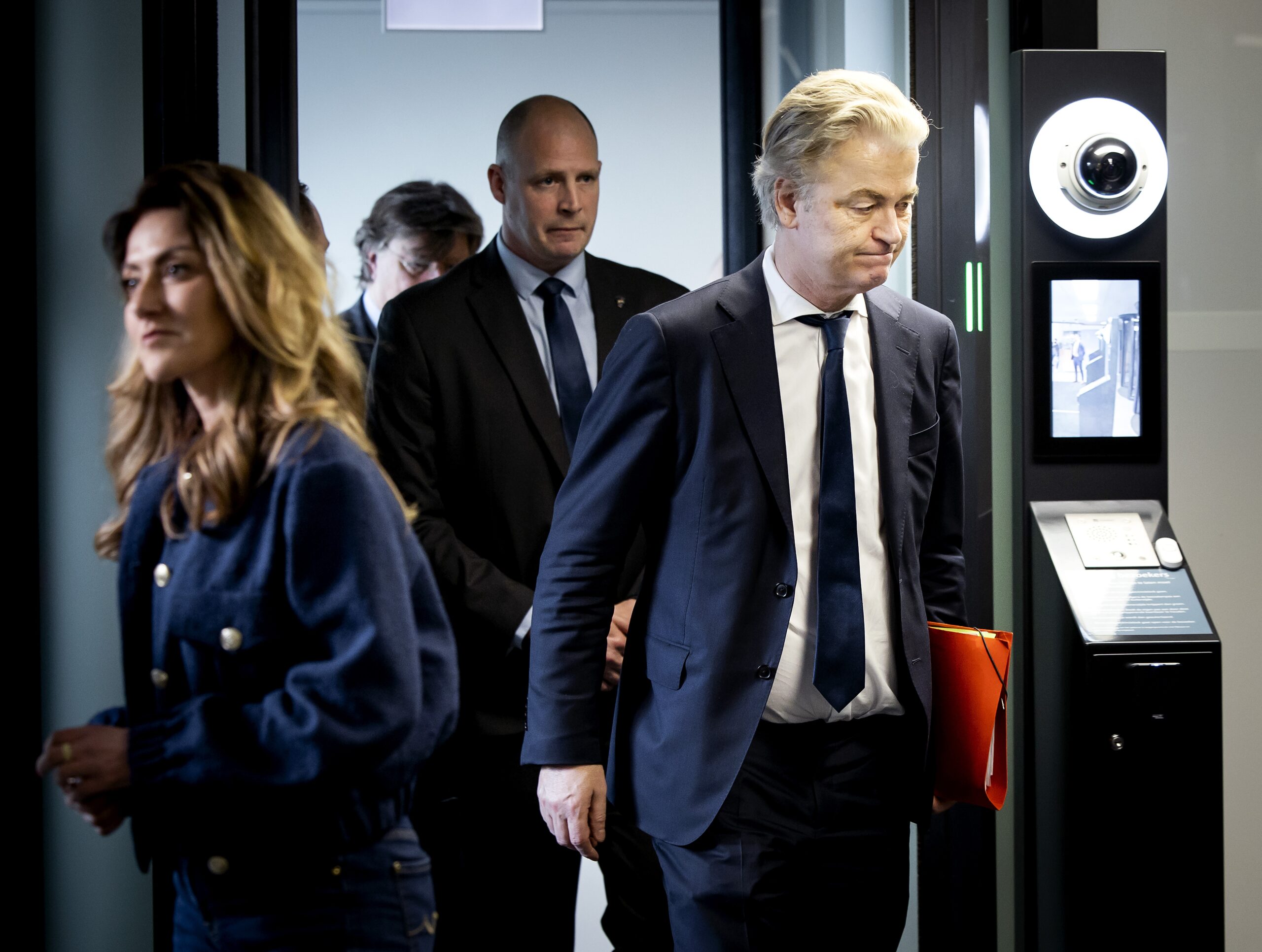Negotiators hold separate talks with parties on public spending

Talks to form the next Dutch government are expected to focus on differences between the parties on public spending as the leaders hold separate talks with the negotiators this week.
VVD leader Dilan Yesilgöz will meet Richard van Zwol and Elbert Dijkgraaf on Monday morning, followed by Caroline van der Plas of the farmers’ party BBB and PVV leader Geert Wilders.
Nieuw Sociaal Contract (NSC), the party led by Pieter Omtzigt, held talks last week with the two lead negotiators, who have a deadline of mid-May to come up with a plan for government.
Dijkgraaf said all 13 policy areas identified as points that the parties need to agree on, including immigration, agriculture policy and education, had been discussed and he was optimistic about progress.
“More things are being lined up,” he told NOS. “We are getting nearer step by step.”
Public spending is thought to be one of the major sticking points between the four right-wing parties. The liberal VVD and Omtzigt’s NSC favour a balanced budget to keep within the European Union’s deficit limit of 3% of GDP.
But Wilders has rejected large spending cuts and called for taxes to be reduced for working people, adding he will take a “very tough” stance in the negotiations.
Wilders argues that the PVV has already made major concessions, such as putting its anti-Islam policies on the back burner and accepting that Wilders will not be prime minister.
The cabinet is usually headed by the leader of the largest party in parliament, but there is no constitutional obligation to do so. Dijkgraaf said the question of who will succeed Mark Rutte has not come up in the current round of talks.
Omtzigt addressed concerns within his own party about co-operating with the PVV at a conference last weekend, where he said he was negotiating “very fiercely” on NSC’s key issues, such as improving the administrative system and raising the basic standard of living.
D66, one of the parties in the outgoing cabinet, called on NSC members to resist forming a government with Wilders. “They hold the key,” leader Rob Jetten told party delegates at a separate conference. “Will NSC back a Wilders cabinet or will they back the Netherlands?”
The PVV has watered down many of its policies in its manifesto for the European elections in June. Wilders is no longer calling for the Netherlands to leave the EU, though he says it needs to be “reformed from the inside” to end the drift towards a so-called “European superstate”.
The PVV is no longer calling for a total ban on immigration, but wants an opt-out from European agreements on migration, something that would have to be agreed by all 27 member states.
Wilders also says he supports defending Ukraine against “the Russian agressor,” but did not spell out what form that support should take.
Thank you for donating to DutchNews.nl.
We could not provide the Dutch News service, and keep it free of charge, without the generous support of our readers. Your donations allow us to report on issues you tell us matter, and provide you with a summary of the most important Dutch news each day.
Make a donation